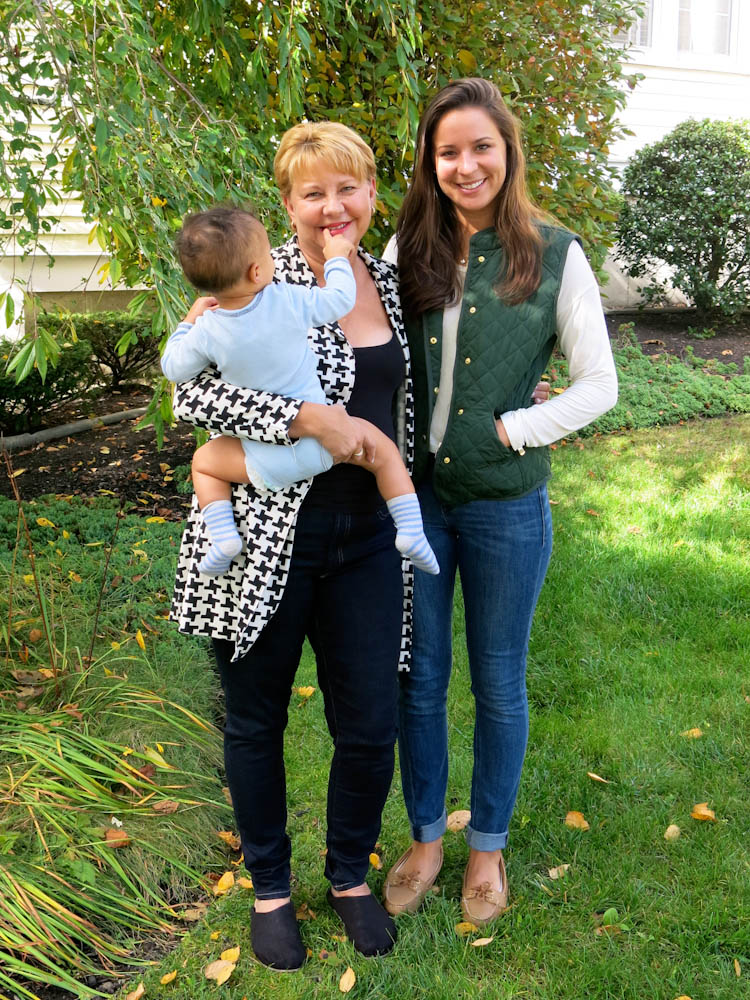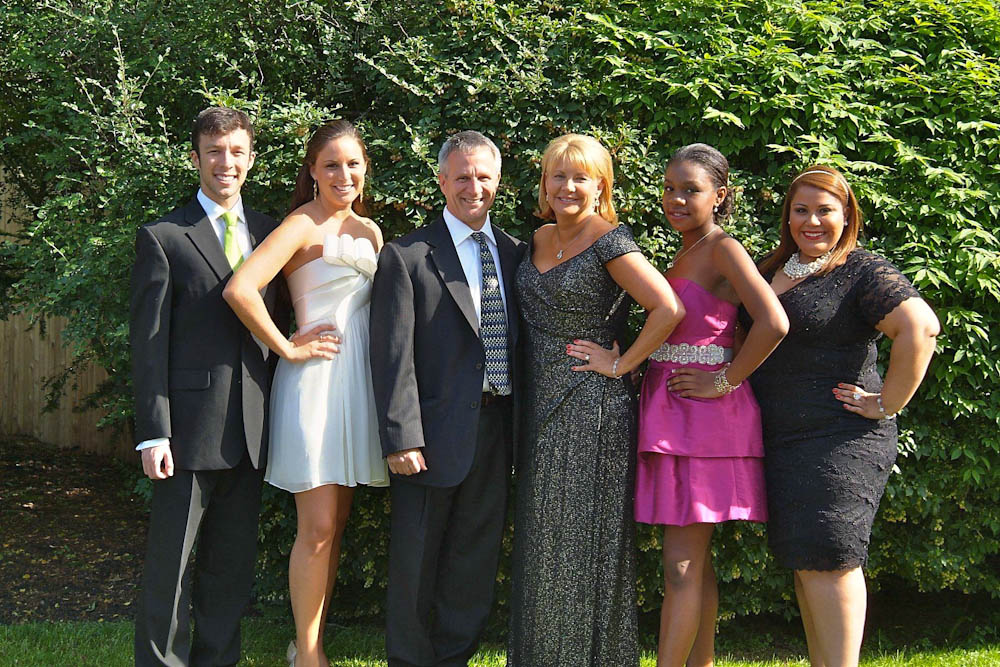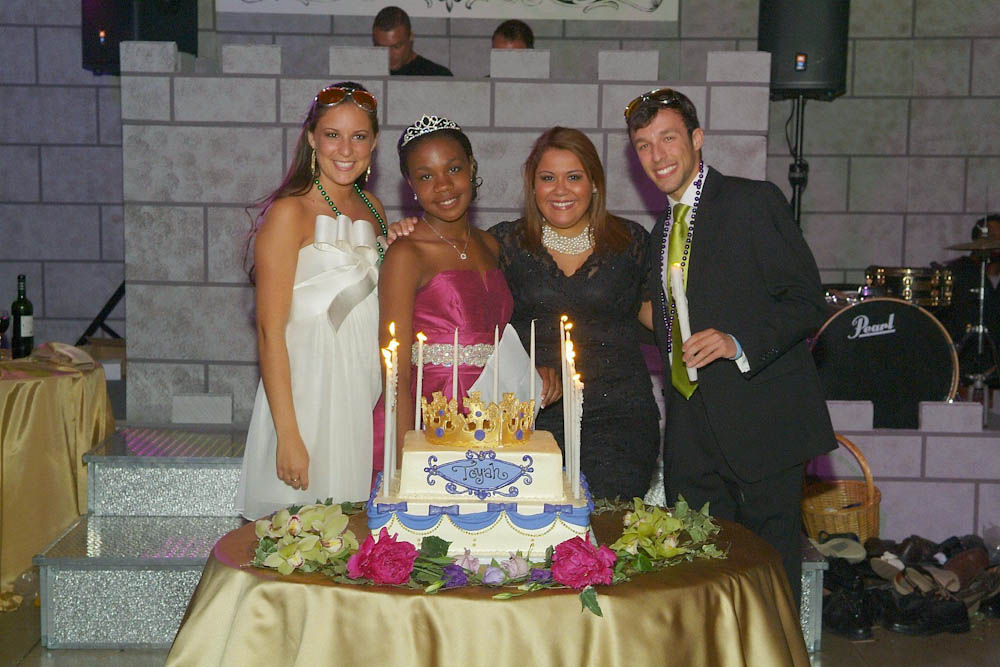Lise Pass has been living with metastatic breast cancer for nearly a decade, but she prefers focusing not on her disease, but rather on her children – all 48 of them.

In addition to a biological son and daughter who are now adults, Pass and her husband Harry have been foster parents to 46 boys and girls.
The way Pass sees it, being a foster mom has played as big a part in her getting through cancer treatment at the Susan F. Smith Center for Women’s Cancers at Dana-Farber.
“You have to empower yourself against cancer, to think of it as an uninvited guest,” says Pass. “You may need to live with it, but you can’t let it encompass you. I am a 55-year-old wife and mother who cares for children who need me. I am so much more than the cancer.”
Pass was aware of her family’s breast cancer history – two aunts and a grandmother all had the disease – well before she felt a lump one day in 2004. She quickly had an MRI, which revealed Stage III breast cancer.
Pass and her husband had already entered the world of foster parenting four years before her diagnosis. Taking in children on a phone call’s notice from the Massachusetts Department of Children and Family Services (DCF), they provided a loving home for weeks, months, or longer to kids whose birth parents could not care for them.

“We were comfortable; Harry was working as a real estate attorney, and I was home raising our children Doug and Sami,” Pass recalls. “We were in a position to help others, and I wanted it to be something I could really lay my hands on. This was it.”
Although the Passes temporarily stopped fostering while Lise was being treated at Dana-Farber/Brigham and Women’s Cancer Center, they were back to housing children of all ages when she began having sharp pains in her hip two years later. The cancer had spread to her bones, and she was rediagnosed with Stage IV (or advanced) metastatic breast cancer. While treatable, metastatic disease is not curable.
By this point, teenagers Doug and Sami Pass had a little sister in TJ, a foster child the family had legally adopted, as well as an older one in Alie, who the Passes took in like one of their own when her family life grew too difficult. Friends hearing of Lise’s new situation urged her to refrain from future fostering; she refused.
Because of advances in metastatic cancer treatment at Dana-Farber, Pass was able to continue leading an active life. Under the care of a clinical team led by Hal Burstein, MD, PhD, she started a treatment regimen that included radiation, more surgery, and monthly chemotherapy infusions for five years. She still takes a nightly oral chemo pill.
“Our treatments for advanced breast cancer keep getting better and better, allowing women to lead rich, fulfilling lives even while getting treatment,” says Burstein. “Lise and her family are showing all of us how to lead amazing lives and inspire us to think of better ways to care for women with breast cancer.”

Today, with one-year-old foster son “Baby J” to chase around, Pass says she’s feeling great. She also knows that the next generation of foster kids have another champion in Sami, who graduated from Connecticut College in May and has begun training as a social worker with the DCFS.
“People ask me all the time, ‘If your mom is sick, why is she going through all this again?’” says Sami Pass. “I don’t think she would be doing as well if she didn’t have the kids. They keep her going.”
Learn more about being a foster parent at http://www.mass.gov/, or by calling 1-800-KIDS-508.

great
Great Story
So touching. Wish my Mom could get this treatment